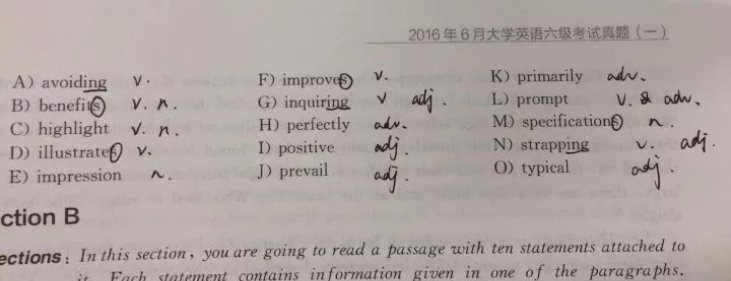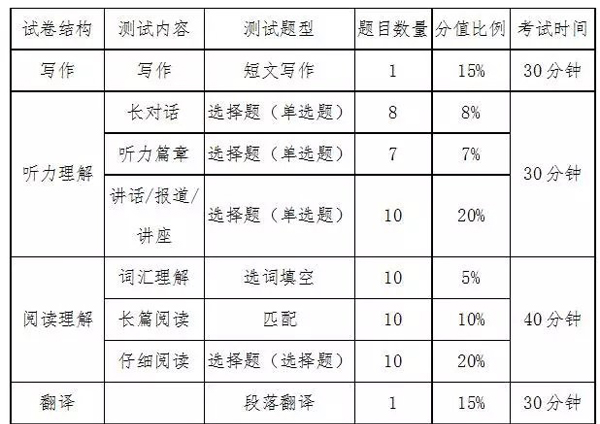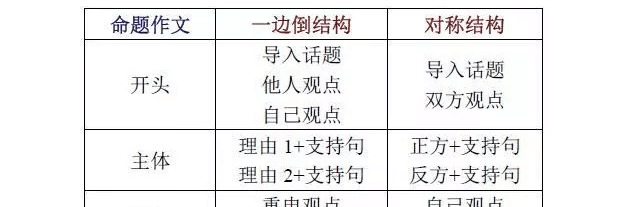公司人格确认原则确立案例
|
Salomon v Salomon & Co.Ltd 【编者按】萨罗门诉萨罗门公司案确立了公司人格确认原则。1897年英国衡平法院对Salomon v. Salomon & Co., Ltd. 一案作出的判决。Salomon 是一个多年从事皮靴业务的商人。1892年他决定将他拥有的靴店卖给了有他本人组建的公司,以享有有限责任的优惠。靴店的转让价格为39000英镑。作为对价,公司发行了每股1英镑的股份20007股,除他的妻子和其五个孩子各拥有1股外,Salomon本人拥有20001股(显然,Salomon的妻子和其五个孩子只是名义股东,目的是达到当时法律规定的最低股东人数)。此外,公司还以其所有资产作担保向Salomon 发行了10000英镑的债券,其余差额用现金支付。但公司很快陷入困境,一年后公司进行清算,其资产若清偿Salomon有担保的债券,则公司的其他无担保债权人7000英镑的债权就一无所获。无担保债权人声称,Salomon和其公司实际上是同一人,因而公司不可能欠他10000英镑的债,公司资产应该用来偿还这些无担保债权人的债。本案确立了一个重要的法律原则,即只要依照法律设立公司,公司就具有独立法律人格,即使公司的股份实质持于一位股东手中,即实质意义上的一人公司亦具有独立的法律人格。 Salomon v. Salomon & Co. House of Lords Date decided: 1897 Lord Halsbury, Lord Herschell and Lord Macnaghten Company Act 1862 Salomon v. Salomon & Co. Ltd (1896), [1897] A.C. 22 (H.L.) is a foundational decision of the House of Lords in the area of company law. The effect of the Lords' unanimous ruling was to firmly uphold the doctrine of corporate personality, as set out in the Companies Act 1862. Background Aron Salomon was a successful leather merchant who specialized in manufacturing leather boots. For many years he ran his business as a sole proprietor. By 1892, his sons had become interested in taking part in the business. Salomon decided to incorporate his business as a Limited company, Salomon & Co. Ltd. At the time the legal requirement for incorporation was that at least seven persons subscribe as members of a company i.e. as shareholders. The shareholders were Mr. Salomon, his wife, daughter and four sons. Two of his sons became directors; Mr. Salomon himself was managing director. Mr. Salomon owned 20,001 of the company's 20,007 shares - the remaining six were shared individually between the other six shareholders. Mr. Salomon sold his business to the new corporation for almost £39,000, of which £10,000 was a debt to him. He was thus simultaneously the company's principal shareholder and its principal creditor. When the company went into liquidation, the liquidator argued that the debentures used by Mr. Salomon as security for the debt were invalid, on the grounds of fraud. The judge, Vaughan Williams J. accepted this argument, ruling that since Mr. Salomon had created the company solely to transfer his business to it, the company was in reality his agent and he as principal was liable for debts to unsecured creditors. The appeal The Court of Appeal also ruled against Mr. Salomon, though on the grounds that Mr. Salomon had abused the privileges of incorporation and limited liability, which the Legislature had intended only to confer on "independent bona fide shareholders, who had a mind and will of their own and were not mere puppets". The Lords Justices of Appeal variously described the company as a myth and a fiction and said that the incorporation of the business by Mr. Salomon had been a mere scheme to enable him to carry on as before but with limited liability. The Lords The House of Lords unanimously overturned this decision, rejecting the arguments from agency and fraud. They held that there was nothing in the Act about whether the subscribers (i.e. the shareholders) should be independent of the majority shareholder. The company was duly constituted in law and it was not the function of judges to read into the statute limitations they themselves considered expedient. The 1862 Act created limited liability companies as legal persons separate and distinct from the shareholders. Lord Halsbury stated that the statute "enacts nothing as to the extent or degree of interest which may be held by each of the seven [shareholders] or as to the proportion of interest or influence possessed by one or the majority over the others." Lord Halsbury remarked that - even if he were to accept the proposition that judges were at liberty to insert words to manifest the intention they wished to impute to the Legislature - he was unable to discover what affirmative proposition the Court of Appeal's logic suggested. He considered that identifying such an affirmative proposition represented an "insuperable difficulty" for anyone putting forward the argument propounded by the lord justices of appeal. Lord Herschell noted the potentially "far reaching" implications of the Court of Appeal's logic and that in recent years many companies had been set up in which one or more of the seven shareholders were "disinterested persons" who did not wield any influence over the management of the company. Anyone dealing with such a company was aware of its nature as such, and could by consulting the register of shareholders become aware of the breakdown of share ownership among the shareholders. Lord Macnaghten asked what was wrong with Mr. Salomon taking advantage of the provisions set out in the statute, as he was perfectly legitimately entitled to do. It was not the function of judges to read limitations into a statute on the basis of their own personal view that, if the laws of the land allowed such a thing, they were "in a most lamentable state", as Malins V-C had stated in an earlier case in point, In Re Baglan Hall Colliery Co., which had likewise been overturned by the House of Lords. The House held: "Either the limited company was a legal entity or it was not. If it were, the business belonged to it and not to Mr Salomon. If it was not, there was no person and no thing to be an agent [of] at all; and it is impossible to say at the same time that there is a company and there is not." The House further noted: "The company is at law a different person altogether from the [shareholders] ……; and, though it may be that after incorporation the business is precisely the same as it was before, and the same persons are managers, and the same hands received the profits, the company is not in law the agent of the [shareholders] or trustee for them. Nor are the [shareholders], as members, liable in any shape or form, except to the extent and in the manner provided for by the Act." Post-Salomon developments In the decades since Salomon's case, various exceptional circumstances have been delineated, both by legislatures and the judiciary, in England and elsewhere (including Ireland) when courts can legitimately disregard a company's separate legal personality, such as where crime or fraud has been committed. Criticism of the decision Although Salomon's case is cited in court to this day, it has met with some criticism. For example, Kahn-Freund called the decision "calamitous" in his article published at [1944] 7 MLR 54. In that article, the author also called for the abolition of private companies. |








